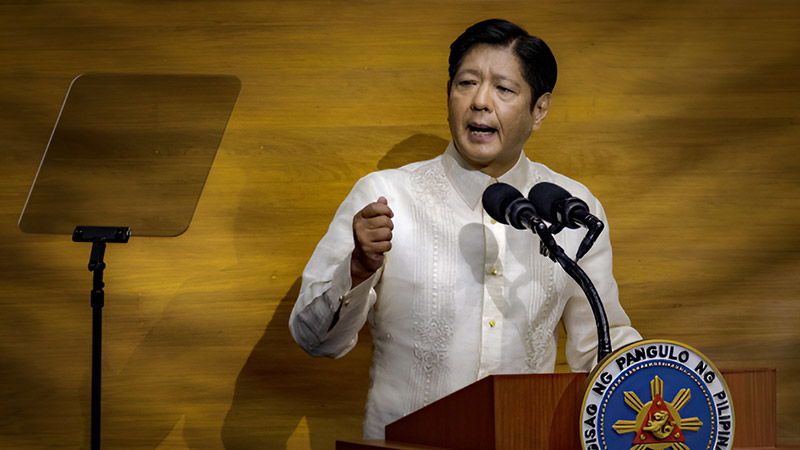Philippine President Ferdinand Marcos Jr chose not to weigh in on the country’s fast-growing online gaming sector during his State of the Nation Address on Monday, despite mounting pressure from legislators and civic groups calling for a nationwide ban.
The omission was widely noted, given the pace at which the domestic online gaming industry, often referred to as eGames, has expanded over the past year. In 2024, Marcos used his annual address to announce the closure of Philippine Offshore Gaming Operations (POGOs), but this year’s speech avoided any mention of new restrictions on locally targeted online betting.
Marie Antonette “Tonet” Quiogue of Arden Consulting described the president’s silence as a deliberate move rather than a missed opportunity. “Amid calls for a total ban from some legislators and sectors, the President’s silence signaled a refusal to be rushed into a decision on a complex issue that demands more data, deeper study, and a holistic understanding,” she wrote in a paper released shortly after the address.
“This was not a missed opportunity – it was a conscious choice to avoid a knee-jerk policy that could create more problems than it solves,” she stated.
Online gaming has quickly become one of the largest contributors to the country’s gambling revenues. PAGCOR figures show that in the first quarter of 2025, eGames generated Php51.4 billion ($896.1 million), accounting for nearly half of the national gross gaming revenue. This growth has also prompted debate about how best to regulate the sector.
Two bills were introduced earlier this month aimed at addressing online gambling. House Bill 1351 seeks to regulate rather than prohibit, proposing a 10% tax on revenues to fund programs that address problem gambling. It also calls for tighter restrictions on advertising, e-wallet funding, and credit card use, and advocates for improved player protection measures.
Senate Bill 142, by contrast, proposes an outright ban on all digital gambling platforms. “We already shut the doors on POGOs for the damage they caused,” said Senate President Juan Miguel Zubiri, the bill’s sponsor. “But an even more dangerous problem has crept into our homes: online gambling that targets our own people.”
Recent steps have already been taken by PAGCOR, which introduced new advertising restrictions, including a ban on out-of-home ads and limits on the timing of television commercials.
Major integrated resorts, including Solaire, Newport, and Okada, have publicly backed stronger regulation over prohibition, saying in a joint statement that “prohibition does not erase online gaming. It only erases the safeguards that protect the Filipino people.”
Quiogue stressed that the dynamics of the eGames sector differ from those of the now-banned POGOs, which catered to offshore markets and were linked to a range of criminal activities. “In the case of POGOs, the safety of Filipinos and national security were directly implicated,” she said.
For now, the policy debate over online gaming remains with Congress and regulators. As Quiogue noted, “the ball is now in Congress’s and PAGCOR’s court. Legislators must lead the next phase of the conversation – one grounded in data, international experience and stakeholder consultation.”

